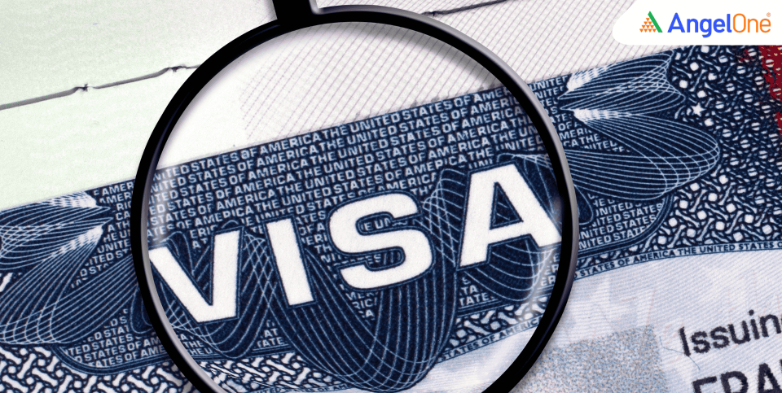
The White House has proposed a major overhaul of the H-1B visa program, which allows U.S. companies to hire highly skilled foreign professionals. The move aims to strengthen oversight, protect local workers, and ensure fair use of the visa system.
These proposed changes are part of a broader effort to reform employment-based immigration and are expected to affect thousands of employers across technology, healthcare, education, and research sectors.
Under the proposed rules, the structure and eligibility for H-1B visas will be significantly revised:
The new rules could make it more difficult and expensive for U.S. companies to hire skilled foreign workers. Sectors that rely heavily on international professionals, such as information technology, engineering, and research, may experience slower recruitment processes and higher compliance costs.
For U.S. workers, the reform is designed to ensure better protection from wage imbalances and maintain fair working conditions. However, if employers find it harder to hire qualified talent locally, it could lead to slower innovation or increased outsourcing of projects overseas.
Foreign professionals seeking to work in the U.S. may also face tighter eligibility checks and more complex application procedures, leading to uncertainty about long-term career prospects in the country.
Read more: UAE Announces Major Updates to Visa and Residency System.
The proposed H-1B visa reforms signal a major shift in how the U.S. manages skilled immigration. The goal is to enhance transparency and protect domestic labor while maintaining the program’s integrity. The changes, once implemented, will redefine how employers hire foreign talent and how global professionals plan their careers in the United States.
Disclaimer: This blog has been written exclusively for educational purposes. The securities mentioned are only examples and not recommendations. This does not constitute a personal recommendation/investment advice. It does not aim to influence any individual or entity to make investment decisions. Recipients should conduct their own research and assessments to form an independent opinion about investment decisions.
Published on: Oct 10, 2025, 2:51 PM IST

We're Live on WhatsApp! Join our channel for market insights & updates